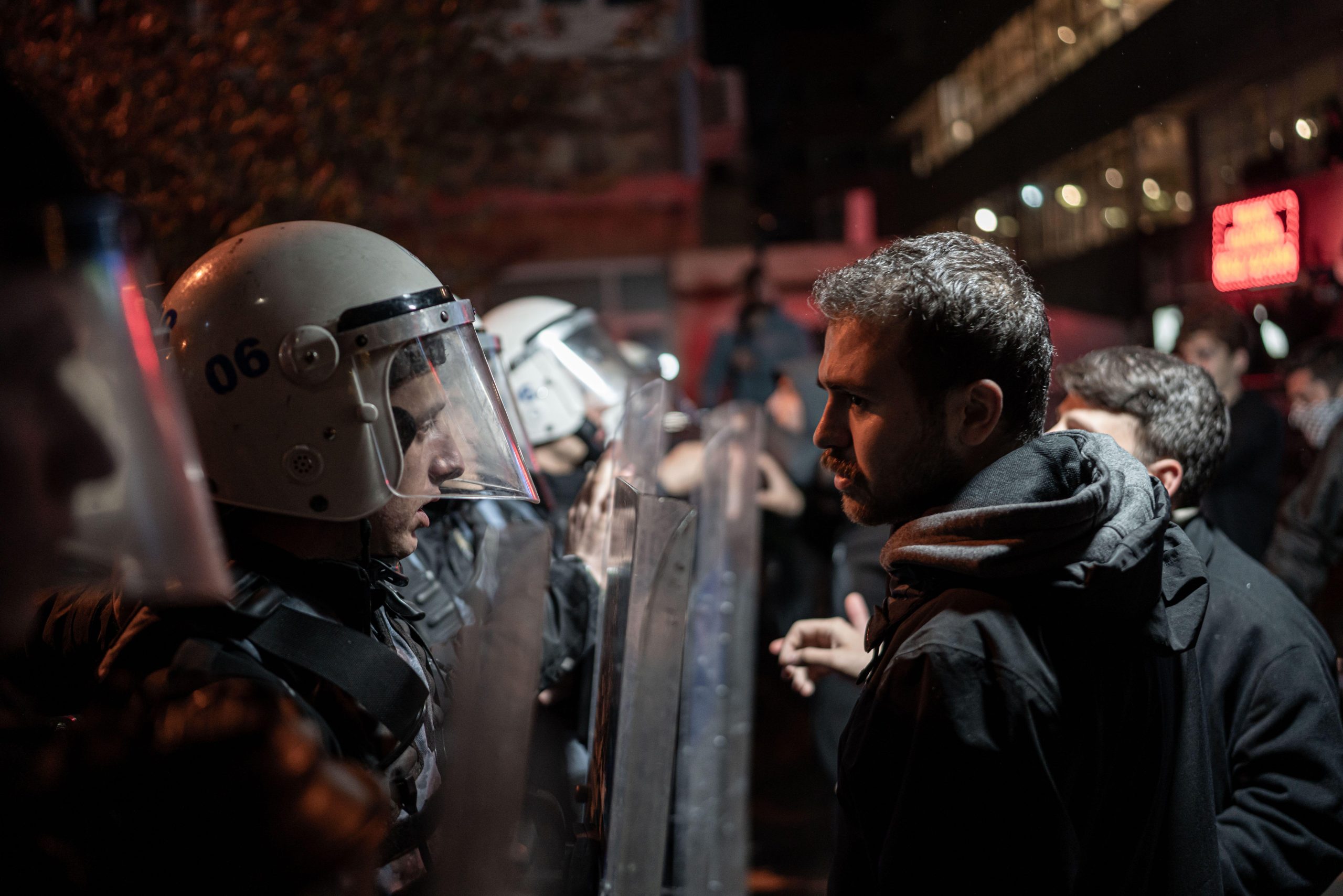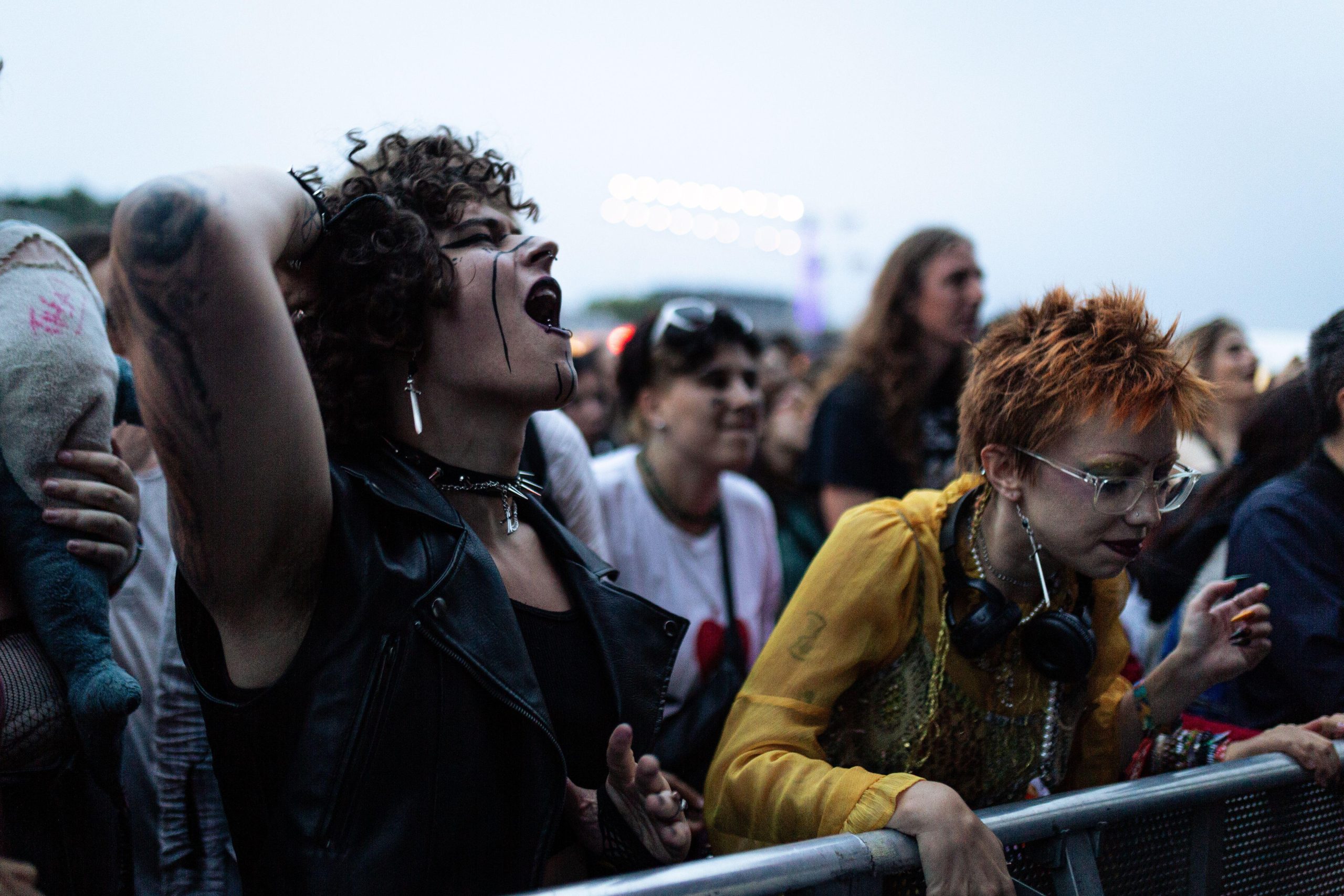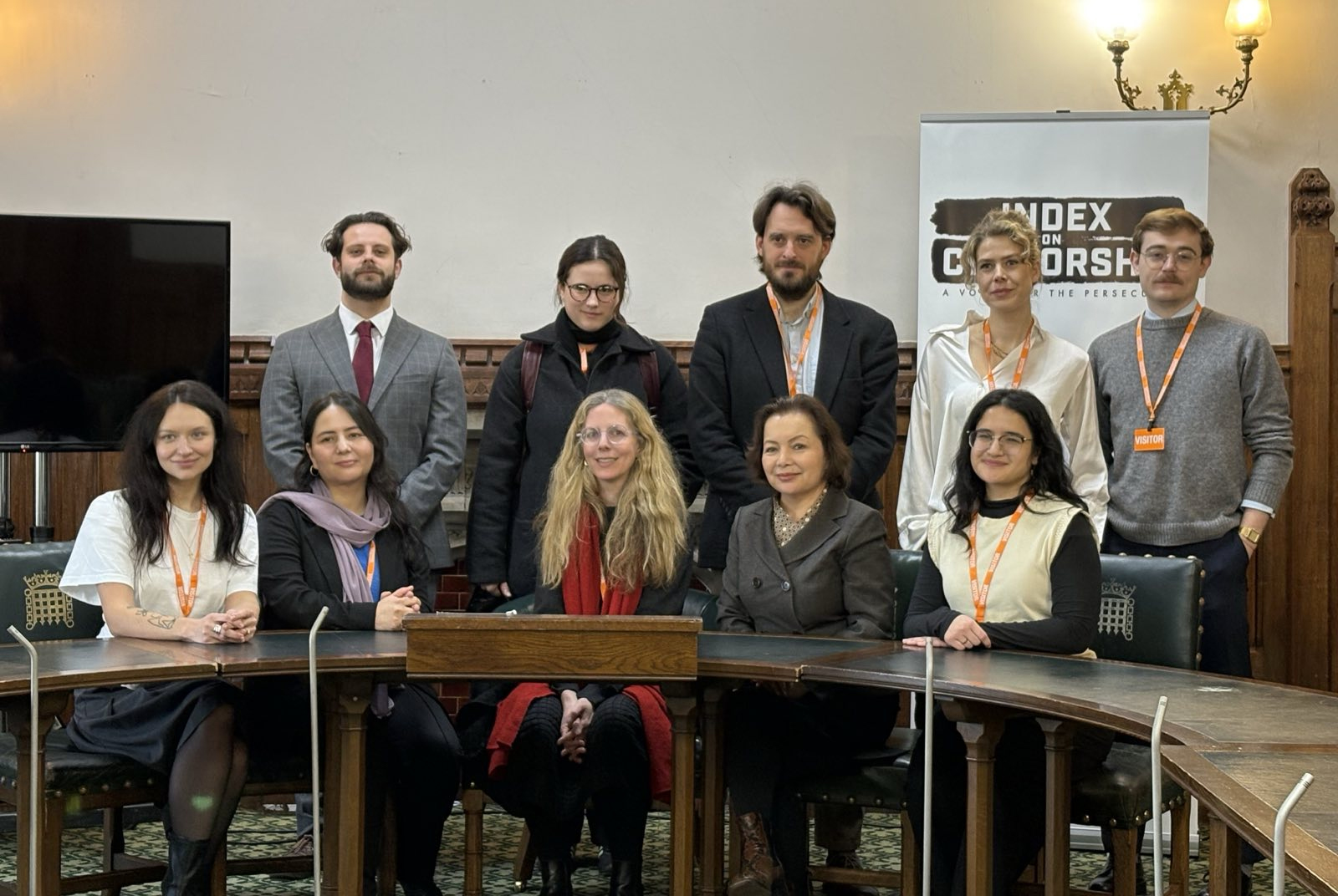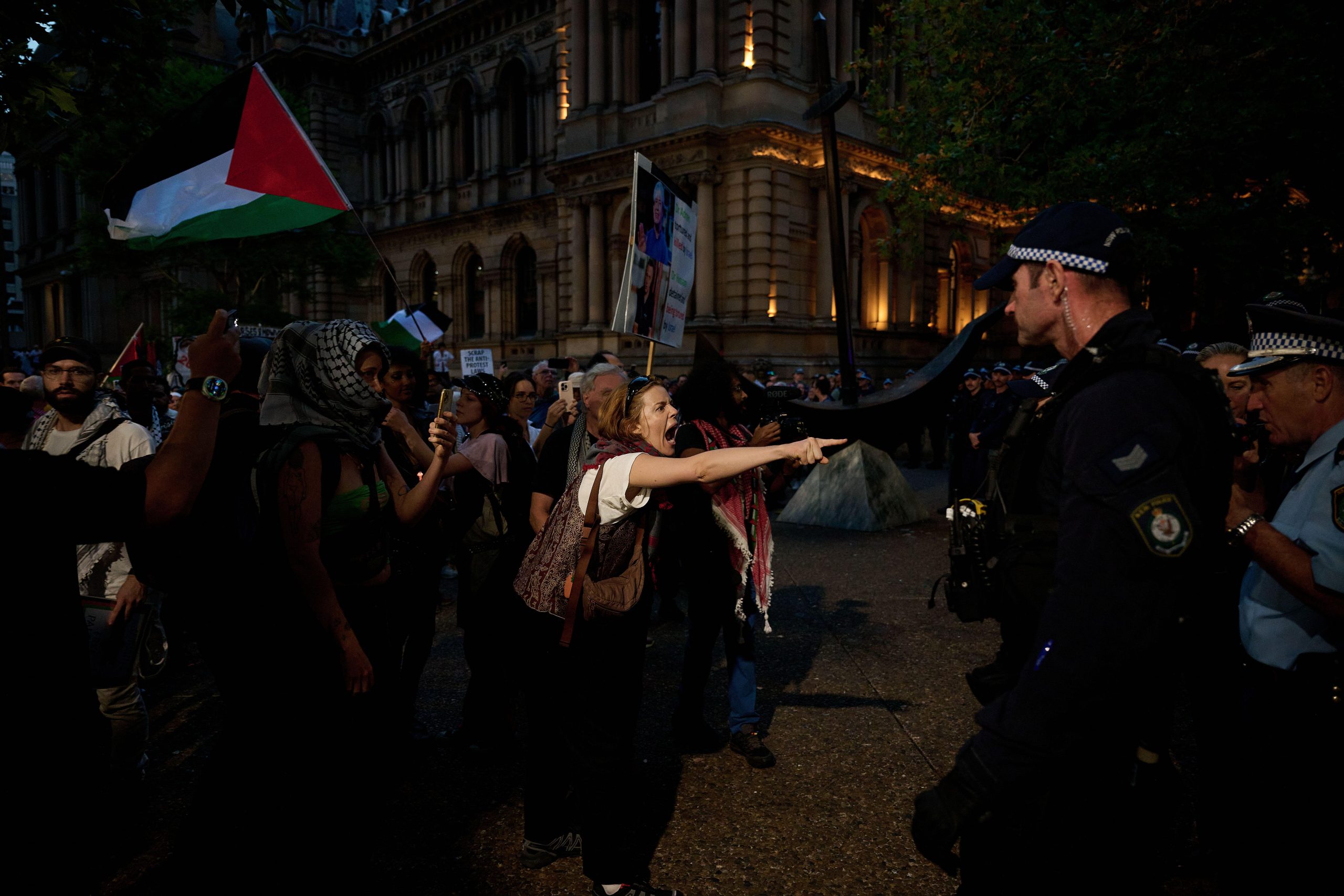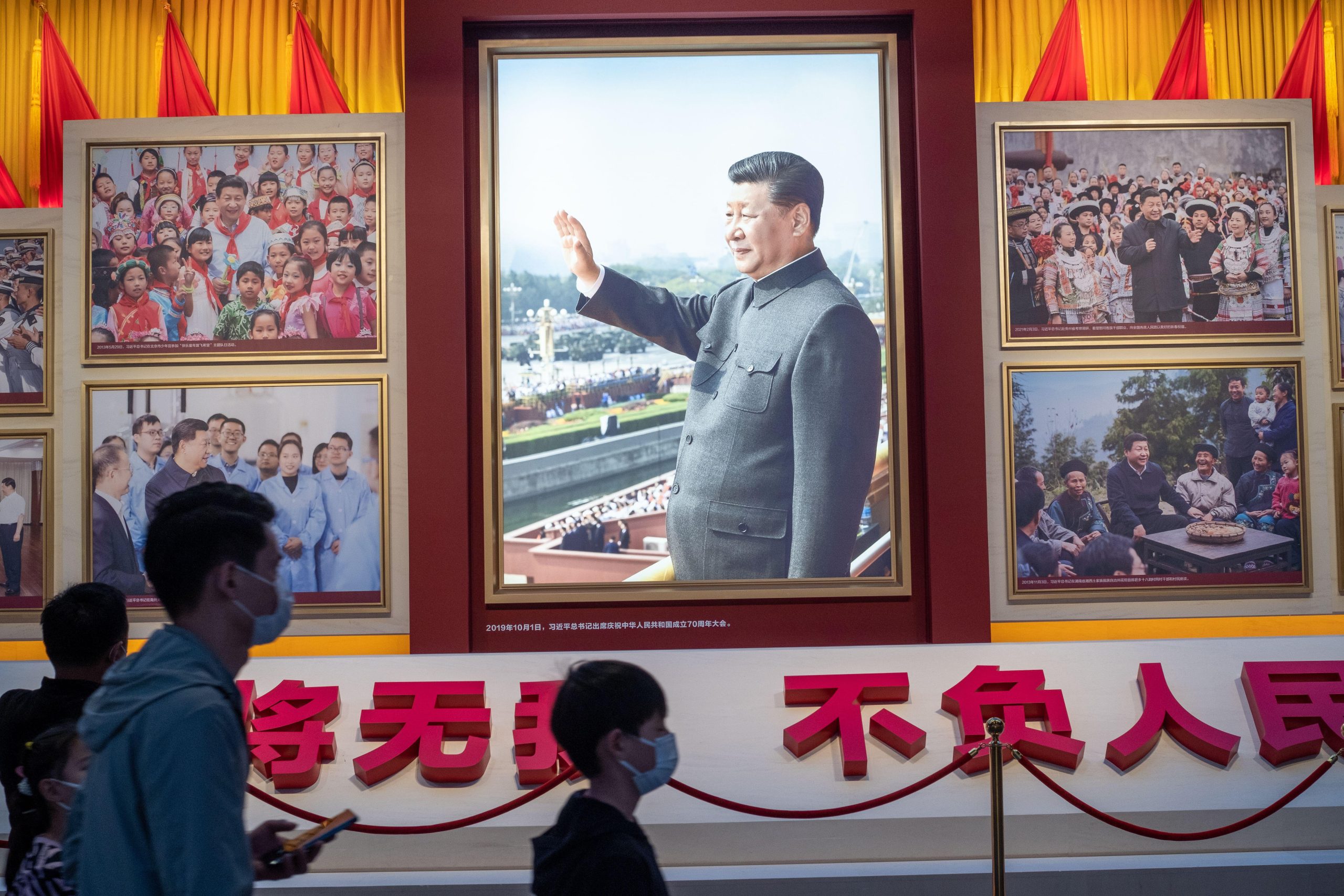In the 2024 World Press Freedom Index published by Reporters Without Borders, Turkey ranked 158th among 180 countries. Just days before the release of this year’s index, 37 journalists remain imprisoned in the country, according to the Media and Law Studies Association (MLSA), an NGO defending freedom of the press in Turkey.
However, evaluating violations of freedom of thought and press solely based on the number of jailed journalists would be insufficient, as pressure on journalism intensifies daily in a number of ways.
Even though the first four months of the year are not yet over, 60 journalists have been detained so far. Among them, 25 have been arrested. These numbers are according to monthly reports from the Kurdish journalist organisation Dicle Firat Journalist Union (DFG). One of those arrested was Joakim Medin, a reporter for Swedish newspaper Dagens ETC.
On 27 March, Medin was taken into custody on charges of “membership in an armed terrorist organisation” and “insulting the president”, and just one day later, he found himself in a Turkish prison cell. On Wednesday this week, he was given an 11-month suspended sentence for “insulting the president”, and remains behind bars while he awaits a trial on the second charge. Additionally, three foreign journalists who entered Turkey for reporting purposes have been deported this year alone, according to DFG.
For some journalists, the repressions have been fatal. Within the first two months of the year, Kurdish journalists Aziz Köylüoğlu and Egît Roj were killed in Turkish drone strikes targeting Syria’s autonomous Rojava region – controlled by the Syrian Democratic Forces (SDF) – and Iraq’s Kurdistan region. Over the past 10 months, seven Kurdish journalists have been killed in Turkish airstrikes (some confirmed, some suspected). Despite the gravity of these killings, the international media have largely ignored what human rights organisations have described as war crimes.
Another journalist arrested this year is Yıldız Tar, editor-in-chief of KaosGL.org, known for reporting on violations against the LGBTQ+ community. Detained in Istanbul on 21 February, Tar spoke to Index on Censorship from prison, via his lawyer.
Tar said that the judiciary is criminalising journalistic work, and that interviews with women’s rights defenders and LGBTQ+ activists are treated as criminal evidence.
“For a long time now, the judiciary has failed to define journalism as an activity tied to the public’s right to be informed,” Tar wrote to Index. “Instead, it is framed within a security-focused paradigm. Unfortunately, we cannot talk about an independent judiciary in Turkey. The political power’s anti-LGBTI+ stance also influences the judiciary.”
With World Press Freedom Day in mind, Tar said: “We have no choice but to defend journalism. Journalism is not only journalists’ concern. When we are imprisoned, both the public’s right to information and our mission to be the voice of the voiceless are violated. The oppression and injustices remain unheard. All institutions must act accordingly to this reality.”
Beyond the record number of imprisoned journalists, detentions have become almost systematic in Turkey. Many detained journalists are released under judicial control measures such as regular reporting to the police, travel bans or house arrest. These increasingly common practices not only function as punitive measures but also significantly hinder journalistic work. Measures that should be exceptional have become the norm. For example, a single social media post may result in house arrest, and criticising the government might be enough to trigger a travel ban.
One of the many journalists who has been detained multiple times is Kurdish reporter Erdoğan Alayumat. With several lawsuits and investigations pending, Alayumat is under judicial control and must go to the police headquarters to give his signature weekly in Istanbul.
Speaking to Index, Alayumat said: “If you’re Kurdish and critical, journalism in Turkey becomes nearly impossible. I was arrested in 2017 and spent one year in prison. I was acquitted of all charges. Then, I was arrested again last year and later released. How easy do you think it is to work under the shadow of ongoing trials and investigations?”
Alayumat explained that judicial control functions as punishment, even without a trial.
“Living under judicial control is very difficult. Dozens of journalists are in prison, but hundreds more are forced to live under such restrictions. I couldn’t leave Istanbul for a long time because I wasn’t allowed to leave the city. This made it impossible to do my job. I also have a travel ban, and no one knows when it will be lifted. Going to the police station every week is exhausting – especially when you have to face the same officers who raided your home and detained you violently,” he said.
He added that this situation has had a severe psychological and economic toll and that journalists in Turkey continue their work at a great cost.
Last year, 36 journalists were sentenced and 53 acquitted in Turkey, and these trials resulted in nearly 100 years of cumulative prison sentences.
In addition to grotesque judicial repression, journalists in Turkey also face police violence. Especially during street protests and public demonstrations, journalists documenting police aggression often become victims of it themselves.
Following the arrest of Istanbul Metropolitan mayor Ekrem İmamoğlu in March, several journalists covering mass protests in Istanbul were injured due to police violence. One of them was İlke TV reporter Eylül Deniz Yaşar.
Speaking to Index, Yaşar recounted both her own and her colleagues’ experiences of police brutality.
“While documenting the police’s disproportionate response to protesters, we were physically assaulted. One officer sprayed tear gas directly into my eye at close range. I couldn’t open my eye for half an hour, and my vision remained blurry for hours. I feared permanent damage. Another journalist’s nose was broken. Someone else suffered head trauma. I’m not even counting verbal abuse and harassment,” she said.
She believes the police are now trying to build a “new press regime” in Turkey.
“Police are becoming the architects of this regime. They want to decide where, what and how we film. It’s getting harder to go out in the field,” she said. “I’m one of many journalists frequently detained. My home has been raided twice – home raids have become routine.”
Yaşar added that the repression journalists face in Turkey reminds them of “World War documentaries”.
“Like the terrifying scenes from those times. It feels like we’re living in a dystopian horror film,” she explained.
As Erdoğan’s regime seeks to suffocate journalism with both judicial stick and police baton, critical journalists in Turkey continue to resist – armed with the power of the camera and the pen, at great personal sacrifice.

